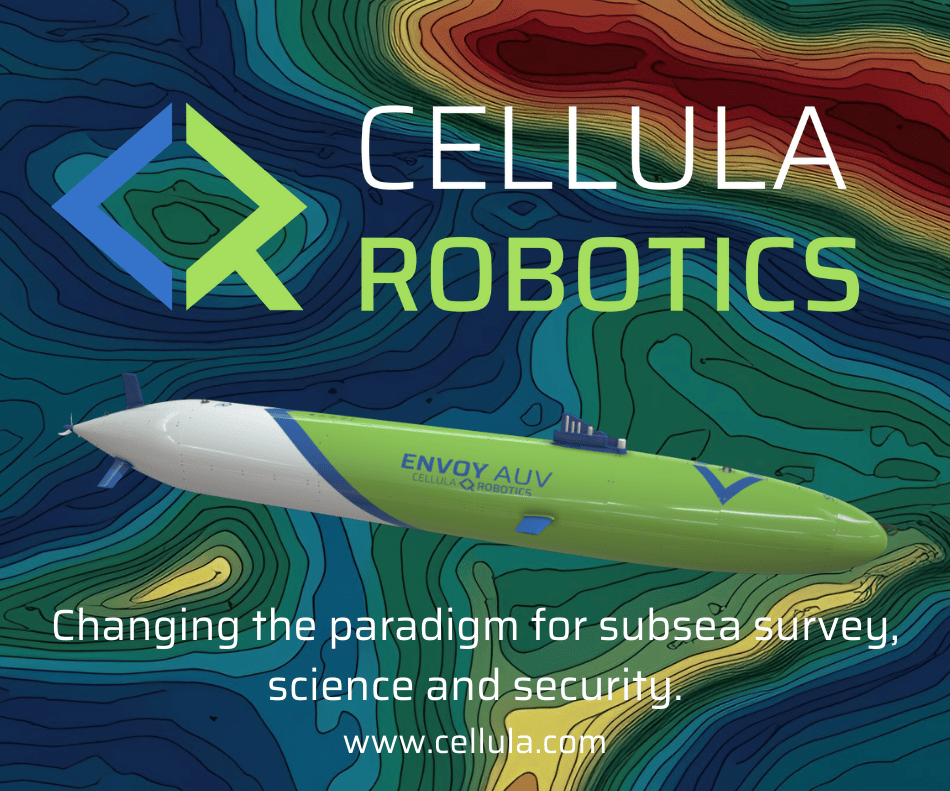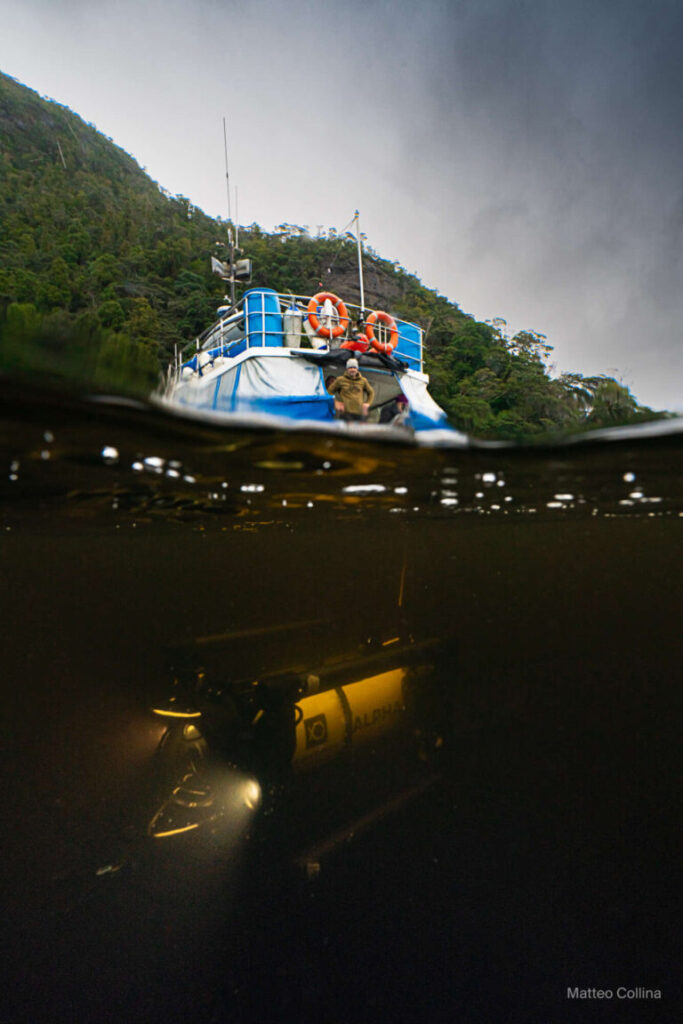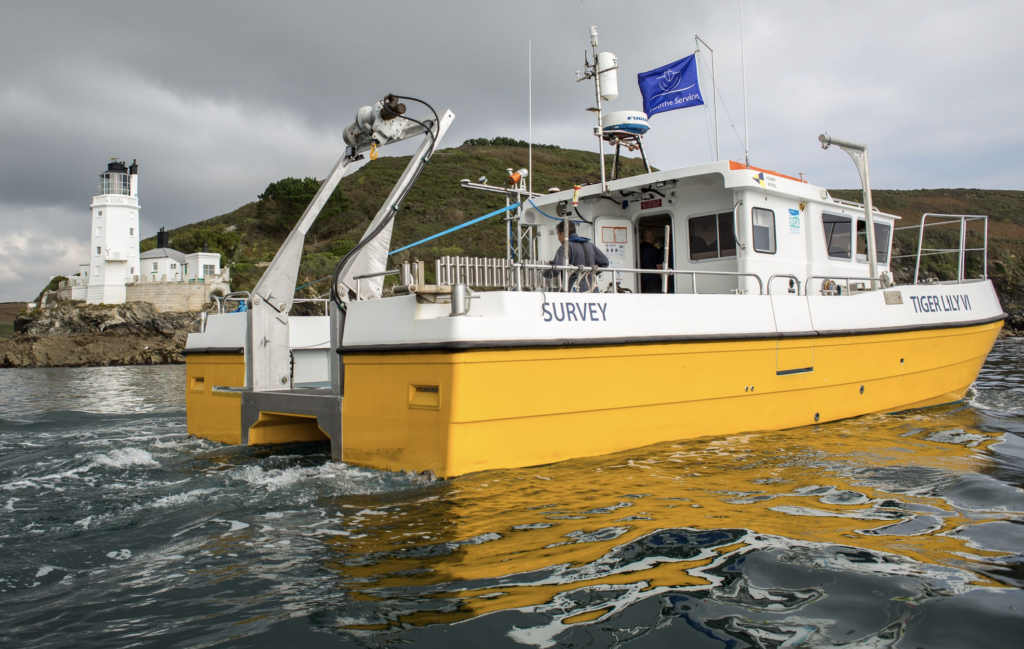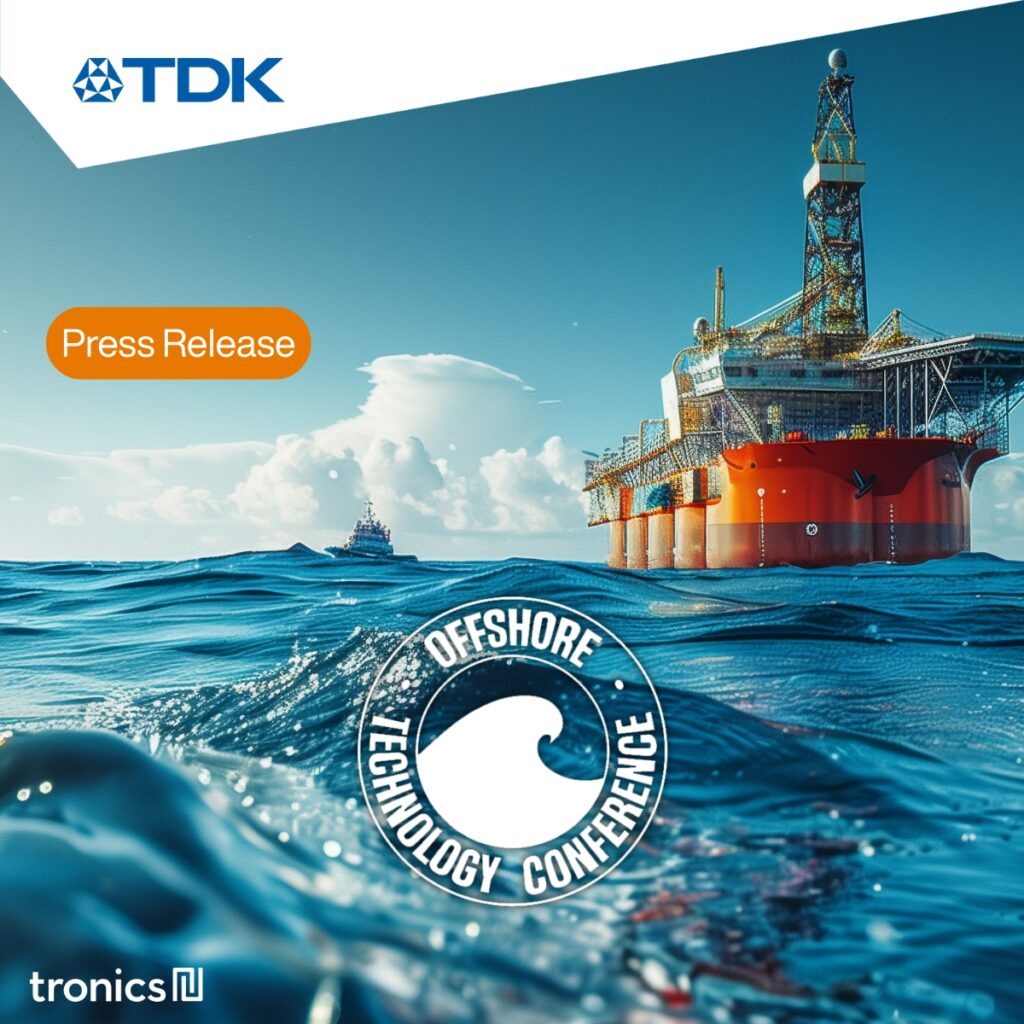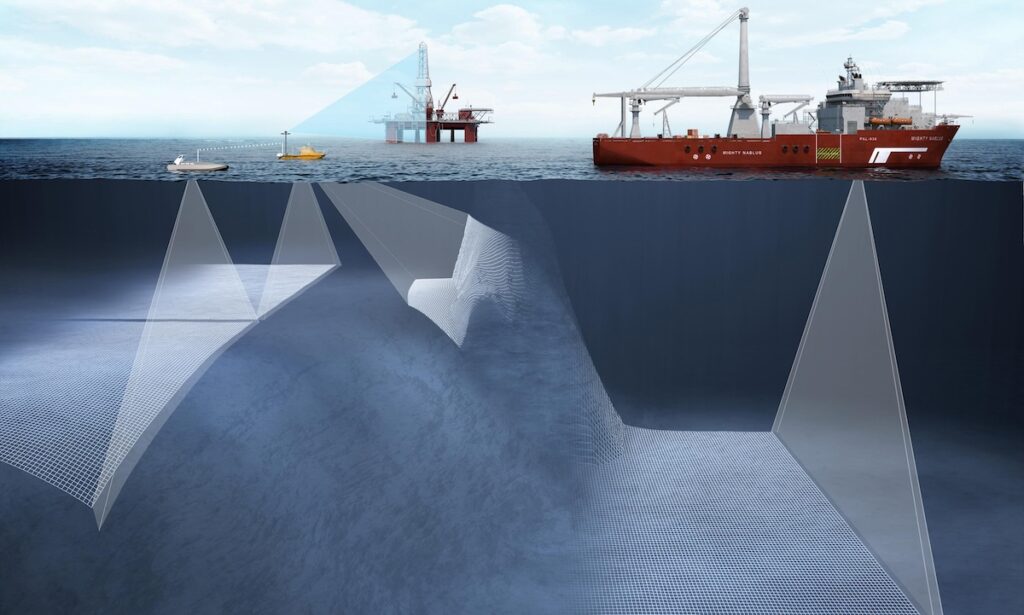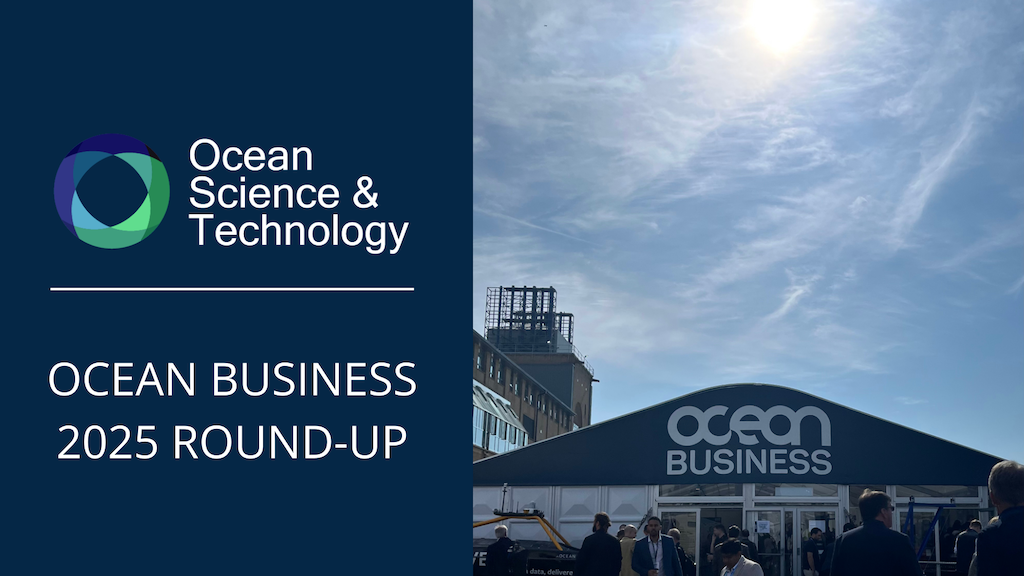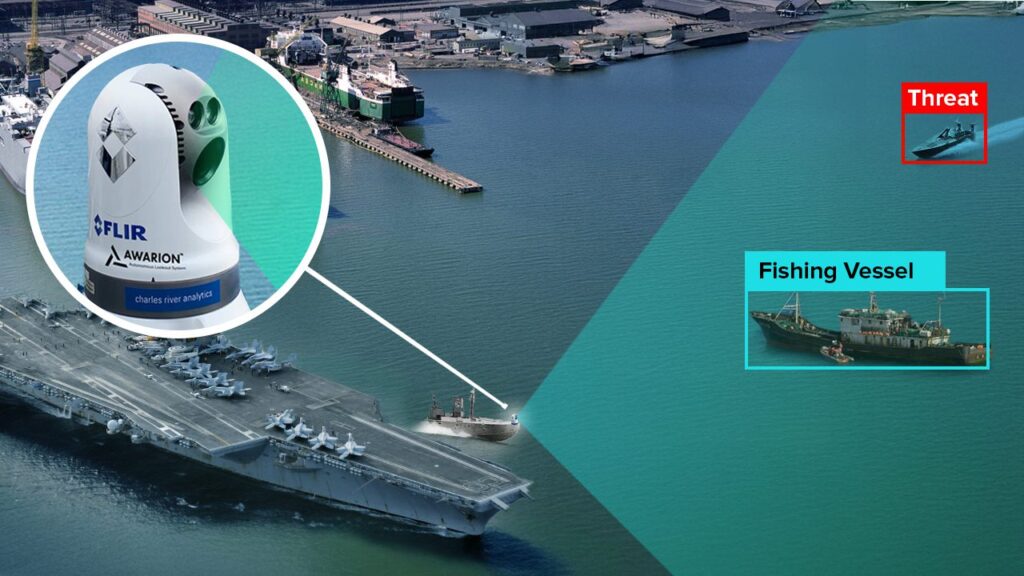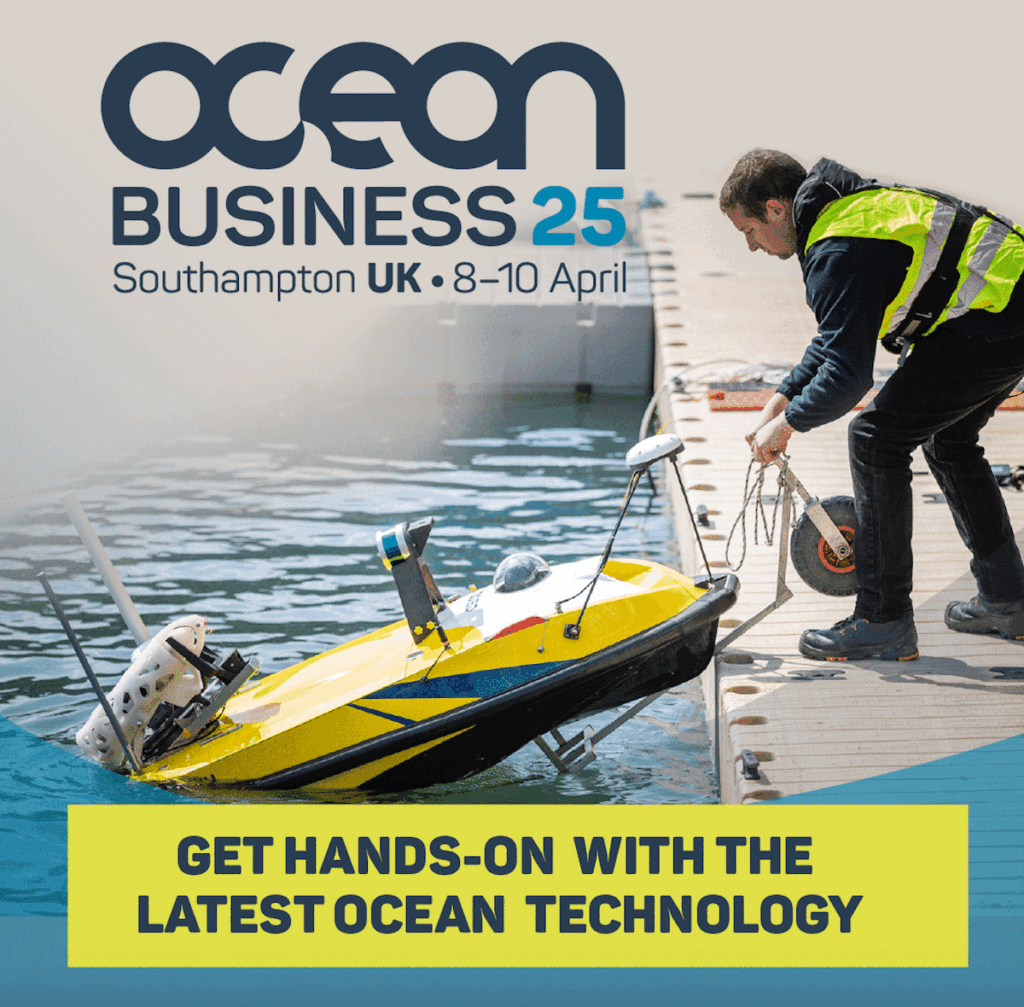
Connect with Leading Marine Technology Innovators
Discover cutting-edge solutions from leading global suppliers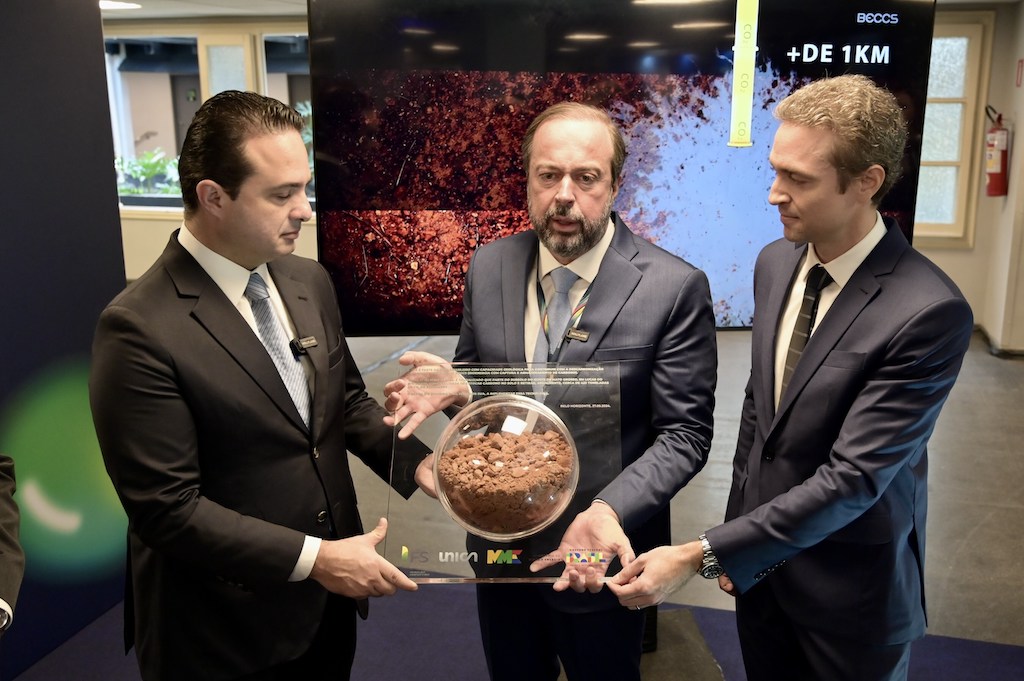
FS has completed technical studies that prove suitable geological conditions for injecting carbon dioxide (CO2), emitted in the fermentation phase of biofuel production, in the subsoil.
This means that the company, one of the largest producers of ethanol and animal nutrition in Brazil, can reportedly become the world’s first ethanol producer with a negative carbon footprint.
FS may also be the first to develop BECCS technology (bioenergy production with carbon capture and storage) in the production of ethanol outside the U.S., as announced by the Brazil’s Minister of Mines and Energy, Alexandre Silveira, during the 3rd Energy Transition Working Group, G20 meeting, which took place in the Brazilian state of Minas Gerais.
The adoption of the technology will prevent the release of approximately 423 thousand tons of CO2 into the atmosphere per year by the industry’s operation in Lucas do Rio Verde (MT).
Subsequently, the solution can be implemented in other industrial units of the company, reaching a potential for removing CO2 from the atmosphere of more than 1.8 million tons of carbon per year.
The technology is an innovative solution for capturing carbon, one of the main causes of the greenhouse effect, and injecting it underground into deep geological layers, where it will be safely stored for thousands of years, without influencing global warming.
FS, which has been working on this project for 4 years, drilled a stratigraphic well approximately 2,000 meters deep in October 2023 to examine rock formations in the area below its Lucas do Rio Verde industry.
Studies concluded that the Diamantino rock formation, located in the Parecis Basin in Mato Grosso, has adequate porosity and permeability conditions to receive CO2 to be injected at a depth of more than 800 meters.
Currently, there are only two ethanol producers in the world with BECCS technology in operation, both in the United States. Mato Grosso’s industry, however, may be the first carbon-negative industry, as it only uses second-crop corn as a raw material and renewable biomass from planted forests as an energy source.
As soon as the senate approves the regulation of the activity – included in the bill for the Fuel of the Future program –, FS will invest an additional R$350 million in the implementation of equipment to capture, dehydrate, compress and inject CO2 underground. Work could begin later this year, with completion scheduled for the end of 2025.
Around 230 direct jobs will be created during well drilling, construction and assembly of CO2 compression and dehydration equipment. Recently, the project had the financial support of FINEP, a public agency that promotes innovation and works with a focus on strategic, structuring and impactful actions for sustainable development in Brazil.
According to FS’s Vice President of Sustainability and New Business, Daniel Lopes; “This is a crucial step towards achieving FS’s vision, which is to be the largest producer of carbon-negative fuel in the world. We will now dedicate our efforts to monetizing this project through the sale of carbon credits, and await the approval of the legal framework by the Senate.”
FS CEO, Rafael Abud, added; “The technical study’s result is an essential milestone to encourage the next steps necessary to unlock investments in BECCS technology by the ethanol sector. Now what we need is the advancement of regulation and carbon trading markets.
“In addition to utilization in automobiles, ethanol produced with the technology can be used to produce sustainable aviation fuel (SAF) and marine fuel, making Brazilian ethanol increasingly one of the largest contributors to the world’s energy transition.”


